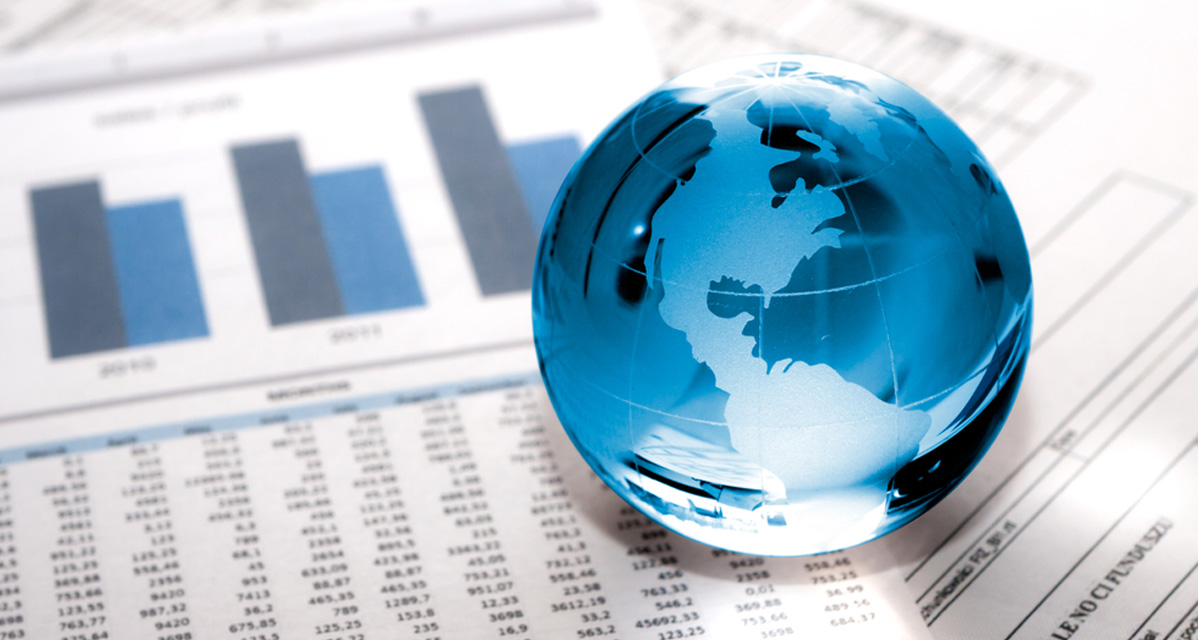Strong Week For Global Equities

At the close of business last Friday, a solid week of gains in global equity markets snapped a seven-week losing streak as investors anticipate that the US Federal Reserve will not need to tighten as aggressively as feared to bring inflation down. The yield on the benchmark US 10-year note declined to 2.74% from 2.81% a week ago while the price of a barrel of West Texas Intermediate crude oil gained $1.50, to $113.70. Volatility, as measured by the Cboe Volatility Index (VIX), declined to 27 from 29.4.
MACRO NEWS
We have stated for weeks that we felt the expectation for future interest rate increases in both the US and Canada had been overblown. This past week we saw markets pricing in fewer rate hikes from the Fed in the US and our central bank in Canada. We do not think that our economy is headed into a recession in 2022. Although we certainly see rate increases over the summer, we also foresee the expectation that we could fall into a recession in late 2023 or early 2024. As we eventually enter a normal recession in the economic cycle, we also foresee some of these rate increases being reversed.
I am often asked these days if a client should opt for a fixed-rate (5-year) mortgage or stay variable. My answer is that if your cash flow can support the expected increases in variable payments, then stay variable as the spread between variable and fixed is still very attractive.
CANADIAN ECONOMIC NEWS
We are all feeling the pain at the gas pump as prices have climbed by over 50% over the last year, making driving more unaffordable. At the same time, inflation is sitting at 6.8 percent nationally, which is outpacing wage growth. There are four parts to how the price at the pump is calculated. The first is the price of crude oil, then the cost of refining it into gasoline. The third is the profit that the gas station owner must make and finally taxes. Once Russia invaded Ukraine, we saw the price of crude oil increase by over $20.00 a barrel and with the summer driving season upon us, we can all expect even higher prices.
US ECONOMIC NEWS
Markets adjust US rate expectations
At the moment, markets see the federal funds target reaching a terminal rate of just below 3%, down from about 3.5% a little more than a week ago. Weakening US economic data, such as a sharp decline in new home sales and softer purchasing managers’ and regional Fed surveys, suggests the central bank will need to tighten less than previously feared. The Fed’s preferred inflation measure, the core personal consumption expenditures price index, edged down to 4.9% year over year in April from 5.2% in March.
BO expects slower growth, lower inflation
The US Congressional Budget Office projected this week that both inflation and growth will cool later this year and into 2023. The CBO expects a 3.1% growth rate in 2022, down from the 5.5% rate in 2021, and sees the economy growing 2.2% next year. It forecasts that inflation will fall in late 2022 and be below 3% in 2023, while unemployment is expected to remain close to 50-year lows. Reduced federal pandemic aid should see the government’s budget deficit decline to around $1 trillion this year from $2.8 trillion in fiscal 2021.
EUROPEAN ECONOMIC NEWS
Partially funded by a windfall profits tax on energy companies, the British government this week proposed a 10 billion support package to help families with soaring energy costs. The program is aimed primarily at the country’s poorest households and pensioners. The proposal comes amid a cost-of-living crisis in which the real incomes of Britons are being squeezed by a surge in inflation and a sharp decline in economic sentiment.
ECB plans to hike rates to at least 0% by end of Q3
In a blog post this week, European Central Bank President Christine Lagarde signalled an end to the ECB’s asset purchase program early in Q3, allowing the central bank to hike rates from the current level of -0.5% at its July meeting. Based on the current outlook, Lagarde sees the ECB as being in a position to exit negative interest rates by the end of Q3.
JAPAN, CHINA and EMERGING MARKETS ECONOMIC NEWS
US partners with twelve Asian nations
US President Joe Biden this past week travelled to Asia, where he unveiled the Indo-Pacific Economic Framework. Though not a trade or security pact, the framework is meant to strengthen relations among countries in the region. It envisions the region’s economies becoming more connected, more resilient, cleaner, and fairer. US aid to less-developed signatories is expected to be part of the framework. Large countries such as India, Japan, Indonesia, and Malaysia are represented, as are smaller ones such as Thailand, Vietnam, and Brunei.
China’s Premier, Li Keqiang, told public officials this week that the country’s economy is “to some degree worse” than it was at the start of the pandemic in early 2020 and called on companies to rapidly reopen. Li’s comments reinforce the idea that China will fall well short of its 5.5% economic growth target in 2022 amid continued conformance with President Xi Jinping’s zero-COVID policy. As the country struggles to reopen the economy while controlling the spread of the coronavirus, generating headlines, the two leaders are apparently being pitted against one another.
BRAND NEWS
Love must be in the air because we’ve found ourselves in a deeply committed relationship… with YOU! We hope this comes as no surprise since it’s in our character to treat our clients like friends and like family. Like VIPs.
What else have we committed ourselves to? Creating a brand foundation—and a character—that is authentic to us, and something you can hold us accountable to if we ever miss the mark. Read more about what to expect from us here.
#HereYourDreamsAreSafe

